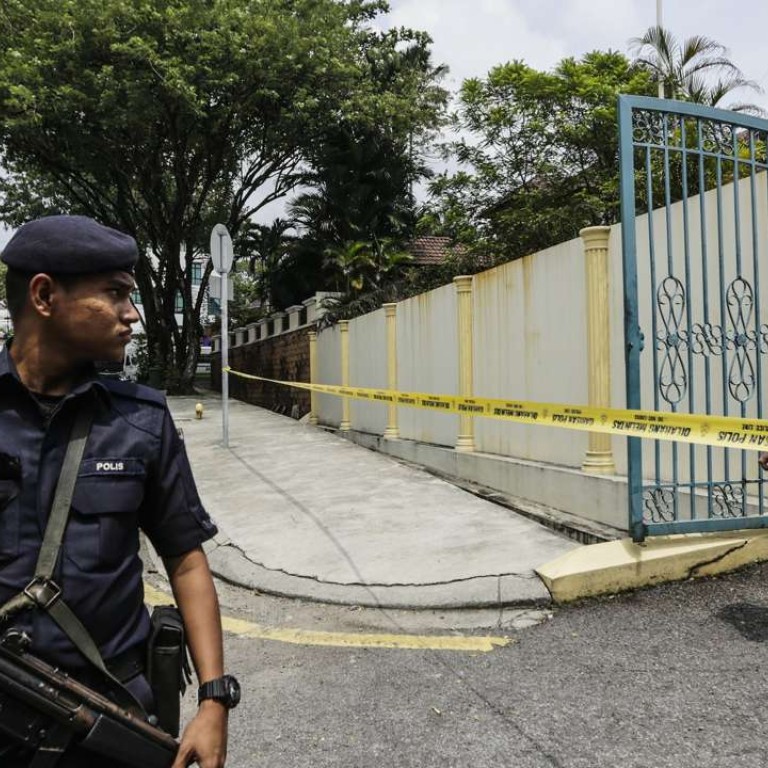
Update | North Korea is holding our citizens hostage, says Malaysia’s PM Najib, after tit-for-tat travel bans
North Korea banned Malaysians from leaving the country Tuesday, triggering a tit-for-tat response from Kuala Lumpur which said its citizens were effectively being held “hostage” in the row over the assassination of Kim Jong-nam.
Tuesday’s developments marked a dramatic heightening of tensions with Malaysia three weeks after the half-brother of North Korean leader Kim Jong-un was murdered at an airport with the banned VX nerve agent.
Watch: Malaysia and North Korea send envoys packing
The North decided to “temporarily ban the exit of Malaysian citizens in the DPRK”, the official news agency KCNA said, citing the foreign ministry and using the country’s official name, the Democratic People’s Republic of Korea.
The prohibition would remain in place “until the safety of the diplomats and citizens of the DPRK in Malaysia is fully guaranteed through the fair settlement of the case that occurred in Malaysia”.
The Malaysian foreign ministry said 11 of its citizens were currently in North Korea, including three embassy staff, six family members and two others who work for the UN’s World Food Programme.
Malaysian Prime Minister Najib Razak condemned the bar, and said he was ordering a similar ban on the movement of “all North Korean citizens in Malaysia”. Analysts said they could number around 1,000.
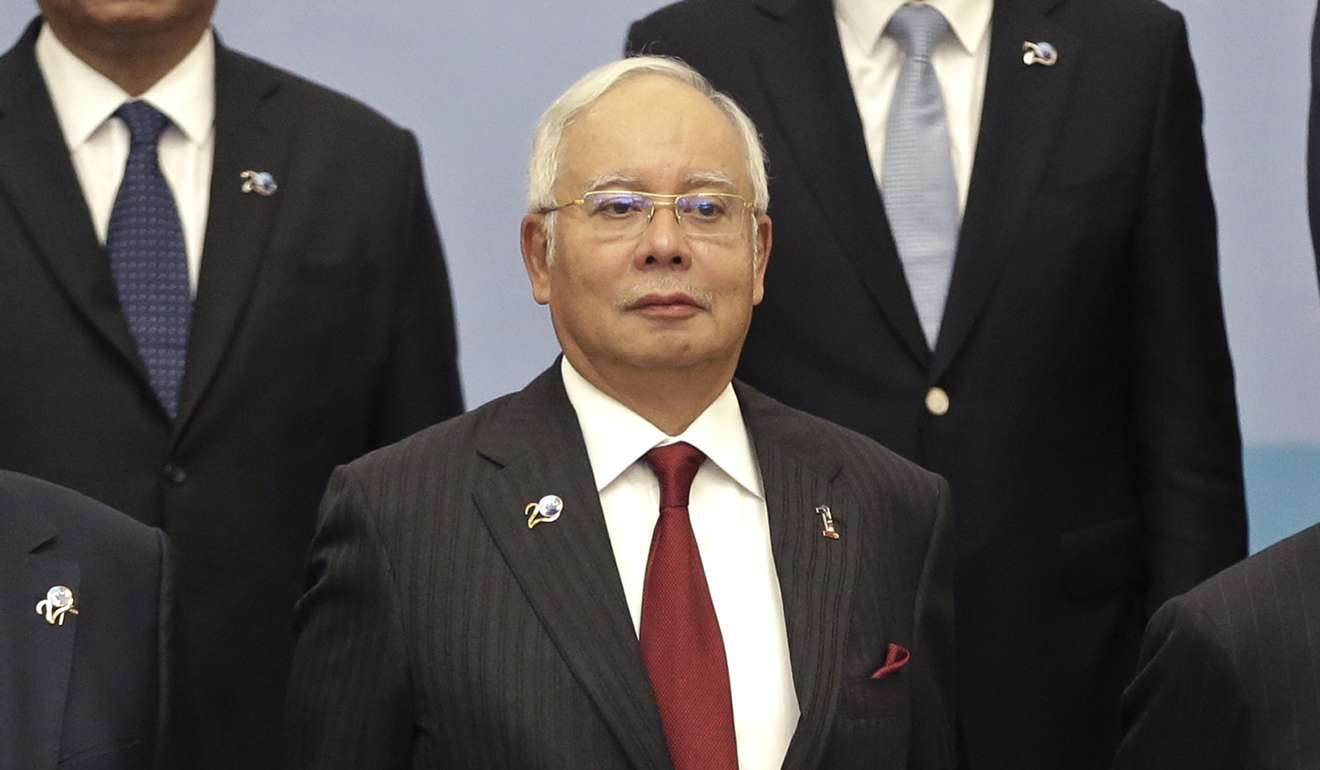
This abhorrent act, effectively holding our citizens hostage, is in total disregard of all international law and diplomatic norms
“This abhorrent act, effectively holding our citizens hostage, is in total disregard of all international law and diplomatic norms,” Najib said.
“As a peace-loving nation, Malaysia is committed to maintaining friendly relations with all countries.
“However, protecting our citizens is my first priority, and we will not hesitate to take all measures necessary when they are threatened.”
Pyongyang and Kuala Lumpur had unusually strong links for years, but ties have rapidly degenerated in the weeks since two women wiped a deadly chemical on Kim Jong-nam’s face.
An autopsy revealed that to be VX nerve agent, a substance so dangerous it is classed as a weapon of mass destruction by the UN.
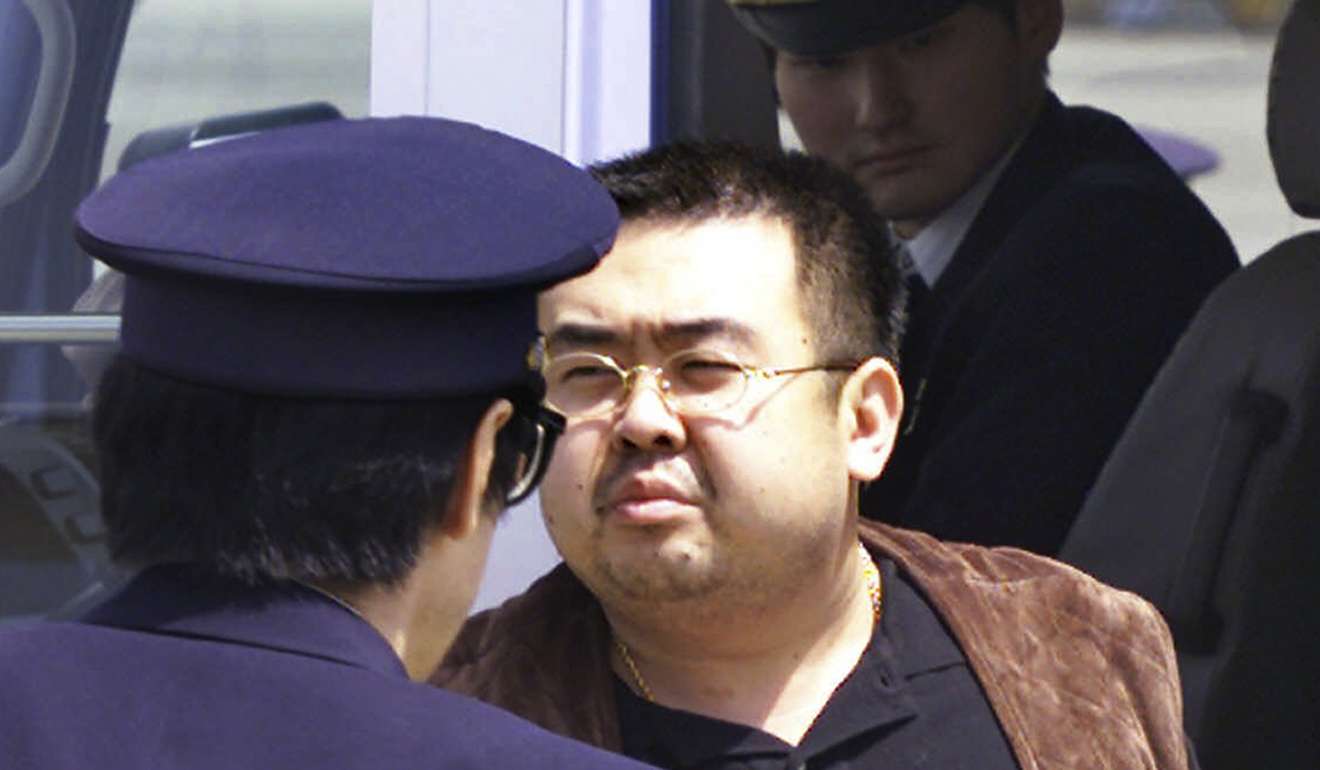
The two women - one Indonesian and the other Vietnamese - were charged last week with the murder. Both women have denied any wrongdoing. The police are still hunting for seven North Korean men allegedly linked to the homicide, which Seoul blames on Pyongyang.
Of the seven, three men, including Hyon Kwang-song, second secretary at the North Korean embassy, have taken refuge in the embassy building in Kuala Lumpur, Malaysia’s national police chief Khalid Abu Bakar said.
“We will wait, if it takes five years, we will wait outside. Definitely somebody will come out,” Khalid said.
The North has never confirmed the dead man’s identity, but has denounced the Malaysian investigation as an attempt to smear it.
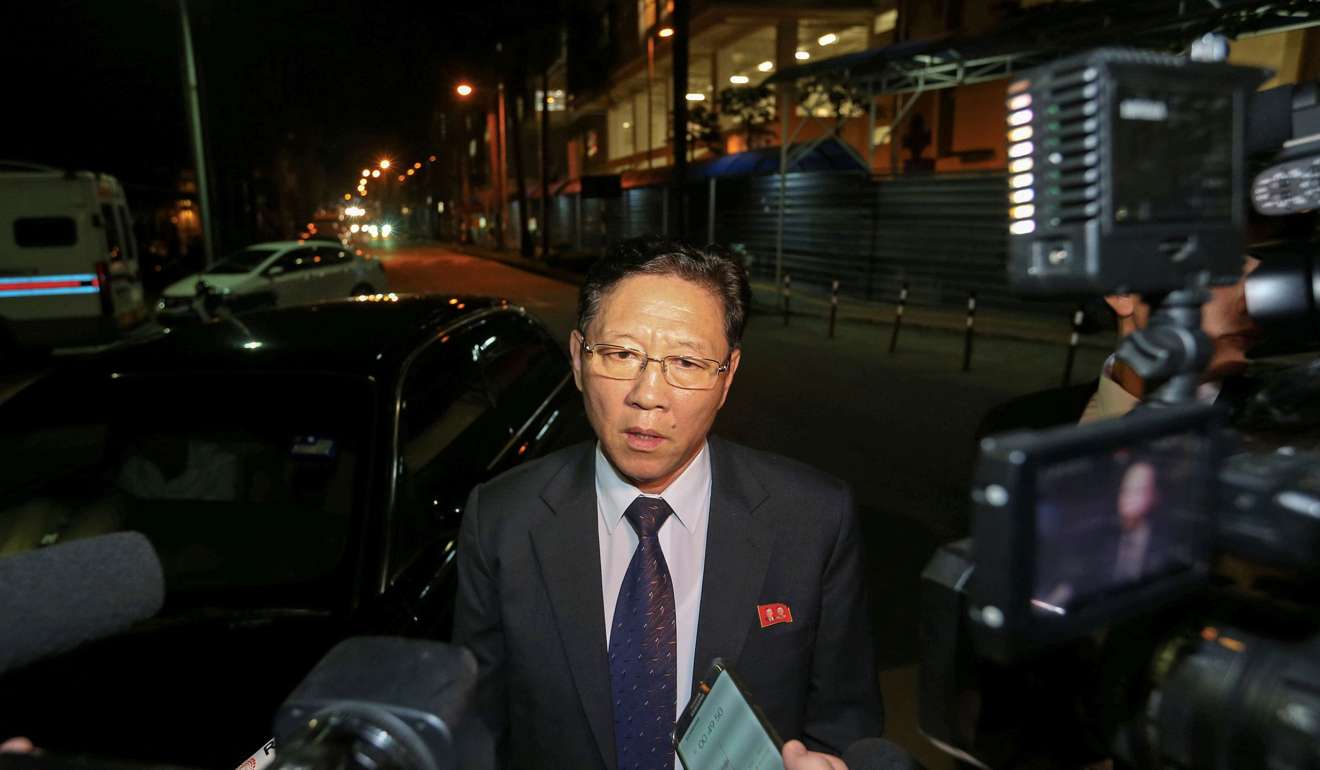
Pyongyang retaliated by formally ordering out his counterpart - who had already been recalled for consultations.
According to KCNA, the foreign ministry expressed hopes that the Malaysian government would solve the issue “as early as possible” from a position of “goodwill”.
Malaysian diplomats and nationals in the North “may work and live normally under the same conditions and circumstances as before” while the travel ban is in place, it added.
Chang Yong-seok, senior researcher at Seoul National University’s Institute for Peace and Unification Studies, said Pyongyang was using the exit ban as leverage to try to prevent the arrest of key suspects holed up in the embassy.
“I think North Korea is worried that once the two suspects are handed over to Malaysian police, they will serve as clear evidence of the North Korean government’s involvement.
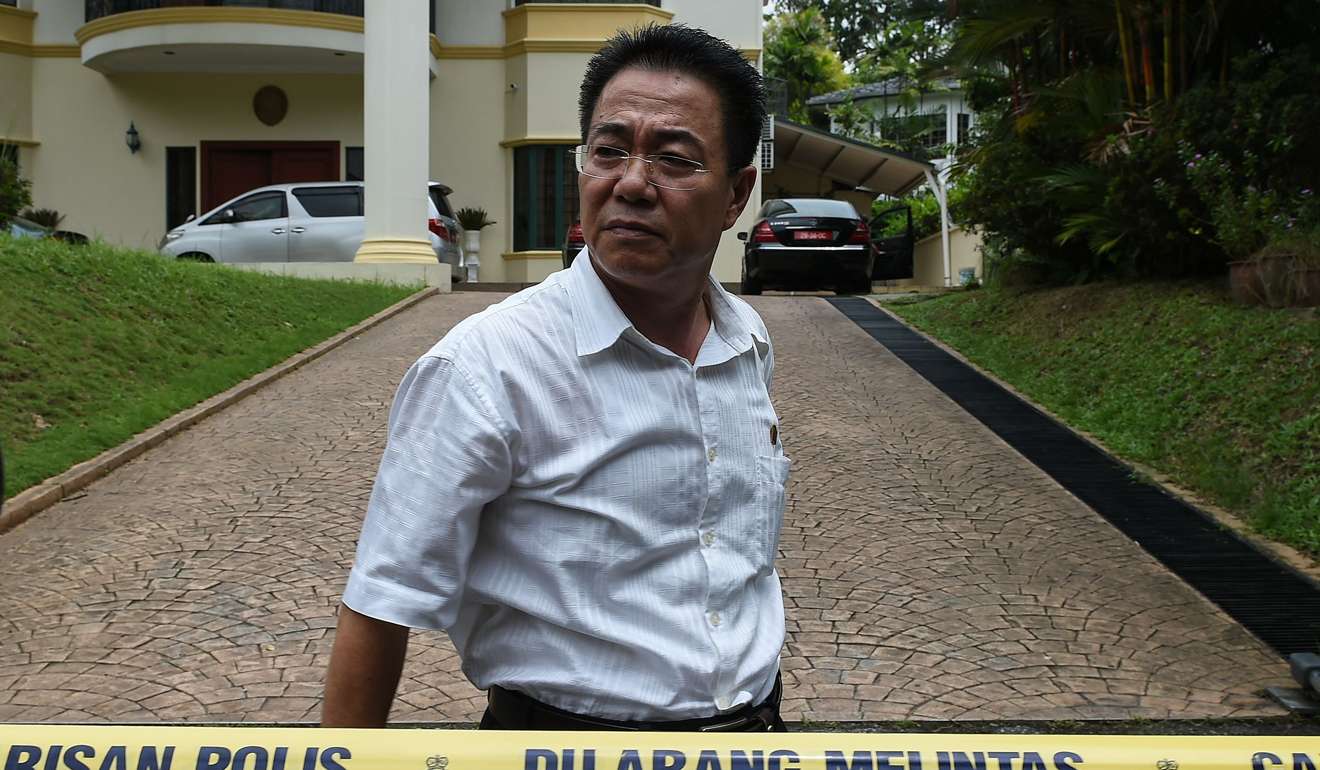
“The travel ban on Malaysians may have been imposed to prevent the Malaysian police from arresting the two North Koreans.”
The US will demonstrate to Pyongyang that there were “very dire consequences” for its actions, the White House said in a statement.
Under UN resolutions, Pyongyang is barred from any use of ballistic missile technology, but six sets of sanctions since its first nuclear test in 2006 have failed to halt its drive for what it insists are defensive weapons.
Additional reporting by Kyodo

.png?itok=arIb17P0)